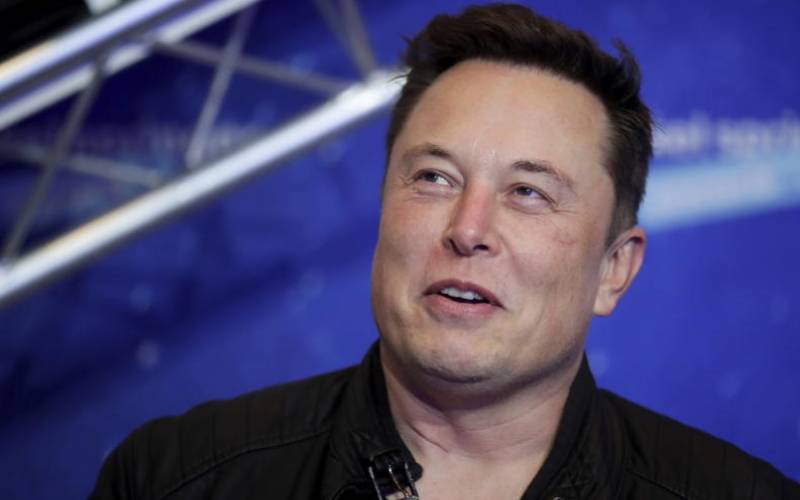
Advertisers could be reluctant to spend on Twitter if Elon Musk pushes ahead with plans to promote unfettered speech on the social media platform, analysts said, after the world's richest person clinched a deal to buy the company for $44 billion (Sh5 trillion).
Although Mr Musk, a self-proclaimed free speech absolutist, has not given details on how he plans to "improve and fix" Twitter, he has repeatedly called out the micro-blogging platform for not doing enough on free speech and criticised its content moderation policies.







